I mod a worryingly growing list of communities. Ask away if you have any questions or issues with any of the communities.
I also run the hobby and nerd interest website scratch-that.org.
- 1.05K Posts
- 547 Comments

 1·9 hours ago
1·9 hours agoMichael Shea’s mythos stuff is pretty good I think. ‘Demiurge’ is a book collecting all his stories. He updates them to the then contemporary 1980s, keeping the elements of cosmic horror but putting them in more modern and relatable situations rather than attempting to make them period pieces.

 6·9 hours ago
6·9 hours agoTom Clancy has entered the chat and has started describing a submarine engine. Please help.

 3·9 hours ago
3·9 hours agoYes, it’s a 3rd person action game with a jetpack solidly part of Jango’s kit.

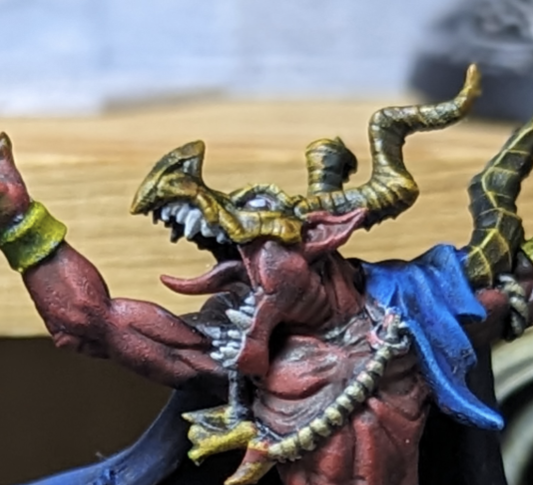 4·10 hours ago
4·10 hours agoHis Space Wolves were painted over a long period of time, with many different techniques and paint brands. This lead to them looking inconsistent. I’m doing a lot of work to make his army cohesive.
I get the appeal of desaturation, but I’ve found it tends to only work with very small groups for things like RPGs or for dioramas. For big wargame armies, I try to make figures pop to give them as much clarity as possible when there is a crowd.

 3·10 hours ago
3·10 hours agoThanks. For a strong and warm yellow, I’ve found painting a very bright orange underneath first to do the trick. The internet keeps recommending pink, but I’ve not found that to work. Orange, then yellow in a few layers, then orange wash gently drawn to the recesses, then a gentle cleanup with yellow to get the wash looking right.

 2·11 hours ago
2·11 hours agoIt’s very heavily inspired by the original Fallout game designs. Very heavy on having lots of types of character builds and options to complete quests. I’m probably going to restart soon because my first character wasn’t a great build.

 21·11 hours ago
21·11 hours agoBrendon Fraser’s funeral?

 2·11 hours ago
2·11 hours agoNo but they are both in my wishlist. Right now I’m playing Colony Ship, which is coincidentally about a generational colony ship, but the game itself is an RPG.

 42·11 hours ago
42·11 hours ago(That’s the joke.)

 3·11 hours ago
3·11 hours agoI was never great at RTS games, but I always liked expanding my base. I’m happy at the expansion of the “colony builder” subgenre which scratches that itch to make things and is more exciting than a SimCity type city builder, but isn’t all in service of combat like an RTS.

 31·11 hours ago
31·11 hours agoI have never had patience for anime that goes on and on for hundreds of episodes. I find a lot of modern anime to be annoying in how flat and boring the presentation is.
That said, I have recently enjoyed both SpyXFamily and Dungeon Meshi. They both have quality to the art and as of yet feel like the are going somewhere and not intended to go on for 500 episodes.

 13·11 hours ago
13·11 hours agoI found Tony Soprano holding a strong opinion on Dune to be humorous.

 22·11 hours ago
22·11 hours agoTony Soprano holds irrational opinions. (That’s the joke.)
I know it’s a comic, but I’m always bothered by ultra extreme regeneration powers where the mass seems to come from nowhere. If Wolverine is burned down to little more than a skeleton, what is giving him the raw material to create regrown muscles?

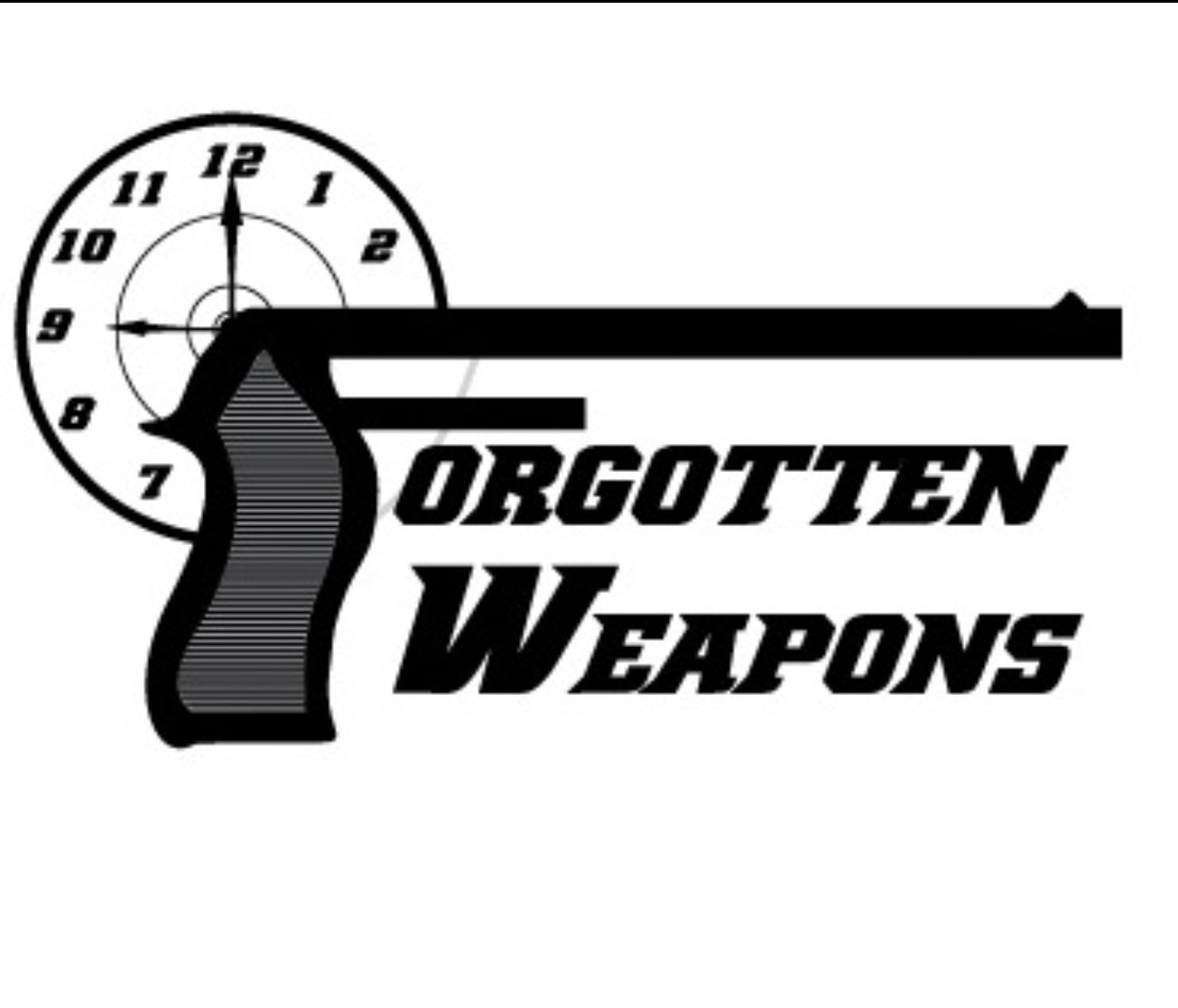 5·2 days ago
5·2 days agoYes, the US Civil War had a lot of super interesting transitional ideas. Even metal submarines like Hunley which sank three times during the war, which is pretty nuts.

 7·2 days ago
7·2 days agoSort of. I’m sure you know, but for other people reading: The Merrimack was a wood hulled steam frigate that was retrofitted as an ironclad, but the Monitor was a radical design built from the start as an ironclad rather than being an existing ship with metal armor added later.
The two ships have almost a video level of countering of each other. The Merrimack (resurrected as the CSS Virginia ironclad) was slow, heavily armored, and sported many guns in fixed positions. The Monitor was fast, low to the water to make it a tiny target, and had only one gun but it was in a rotating turret. In their only battle against each other, the Merrimack tanked a bunch of incoming hits without suffering any critical damage while the Monitor maneuvered around it too fast to be hit.
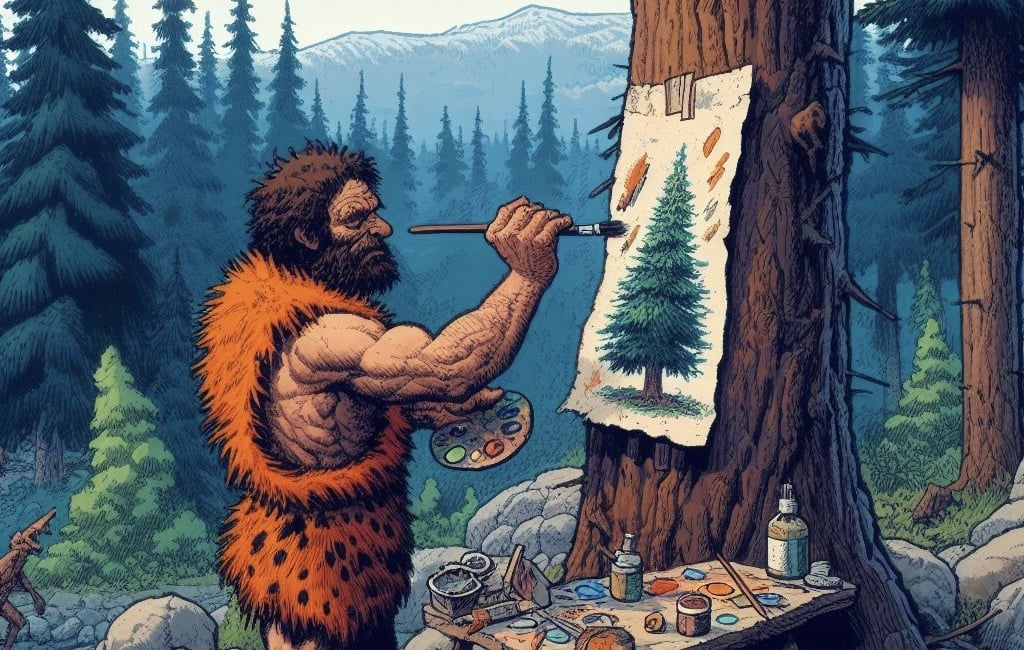


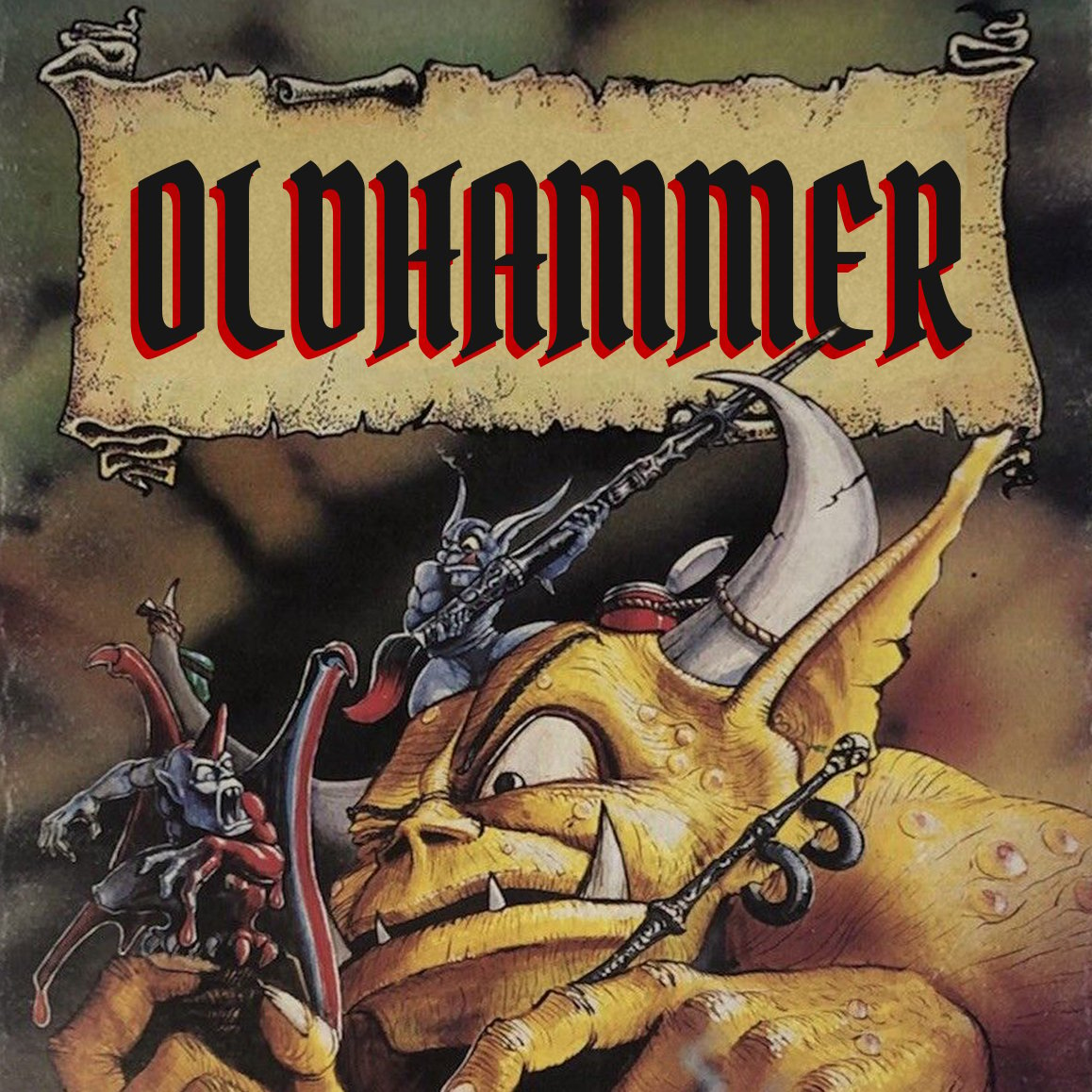

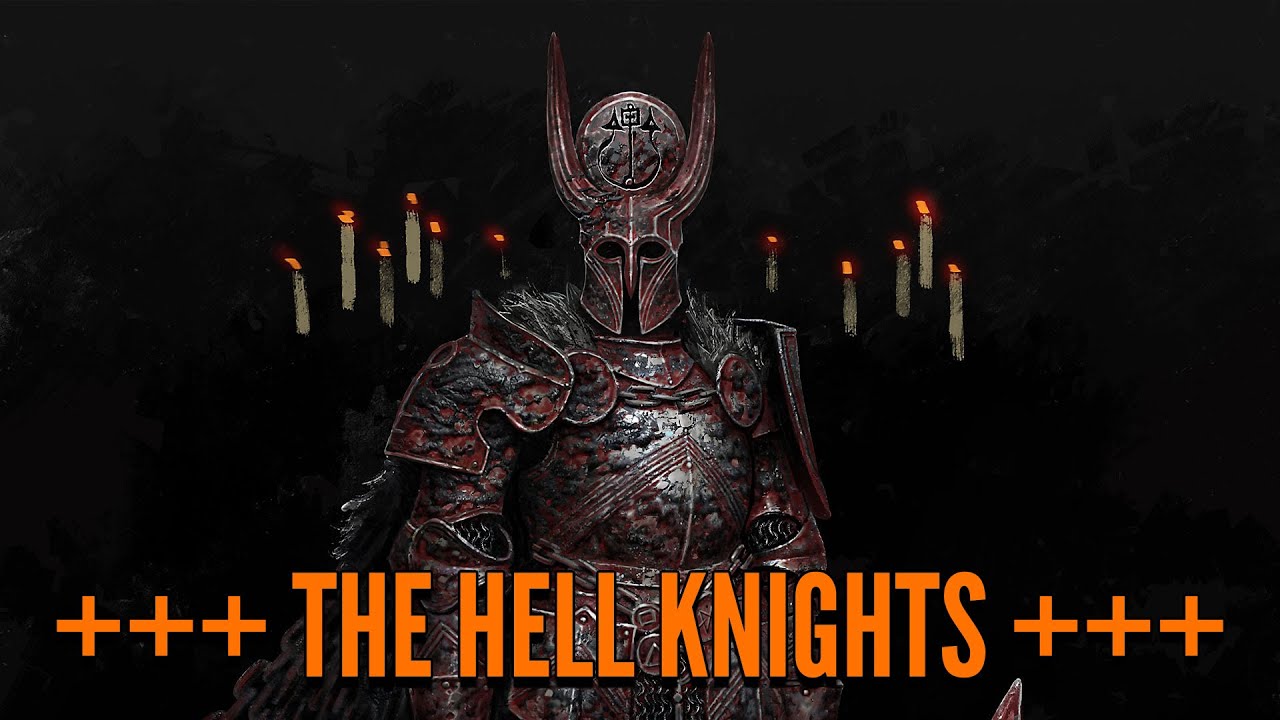



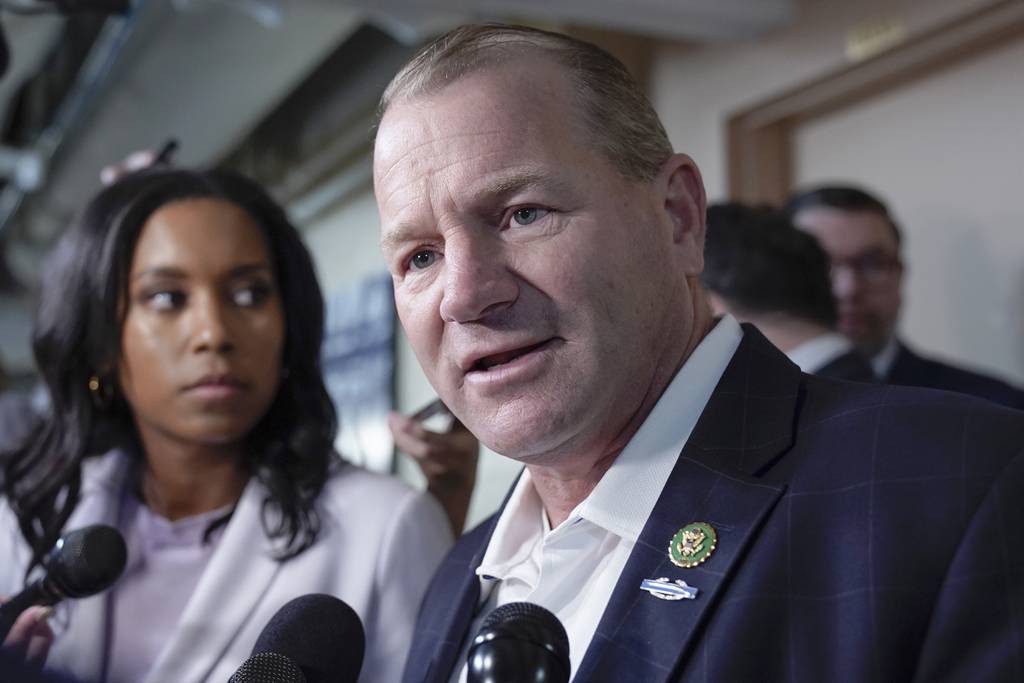




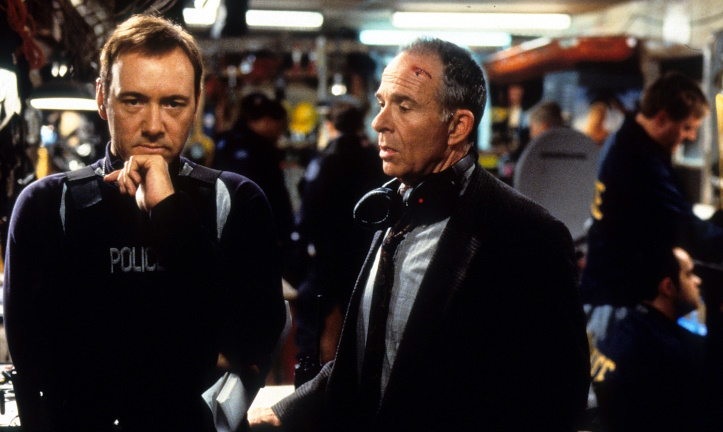









Lovecraft’s stuff has that reputation, but on a listen through his works, he had a tendency to actually be properly descriptive when it was appropriate. I think it’s a case of later, lesser writers gloming onto to making things indescribable as a lazy crutch that made the reputation of the mythos like that.
I think only ‘The Unnamable’ by Lovecraft really goes incredibly vague at a point where it should be describing the creature, but that story feels like a joke about this exact topic.